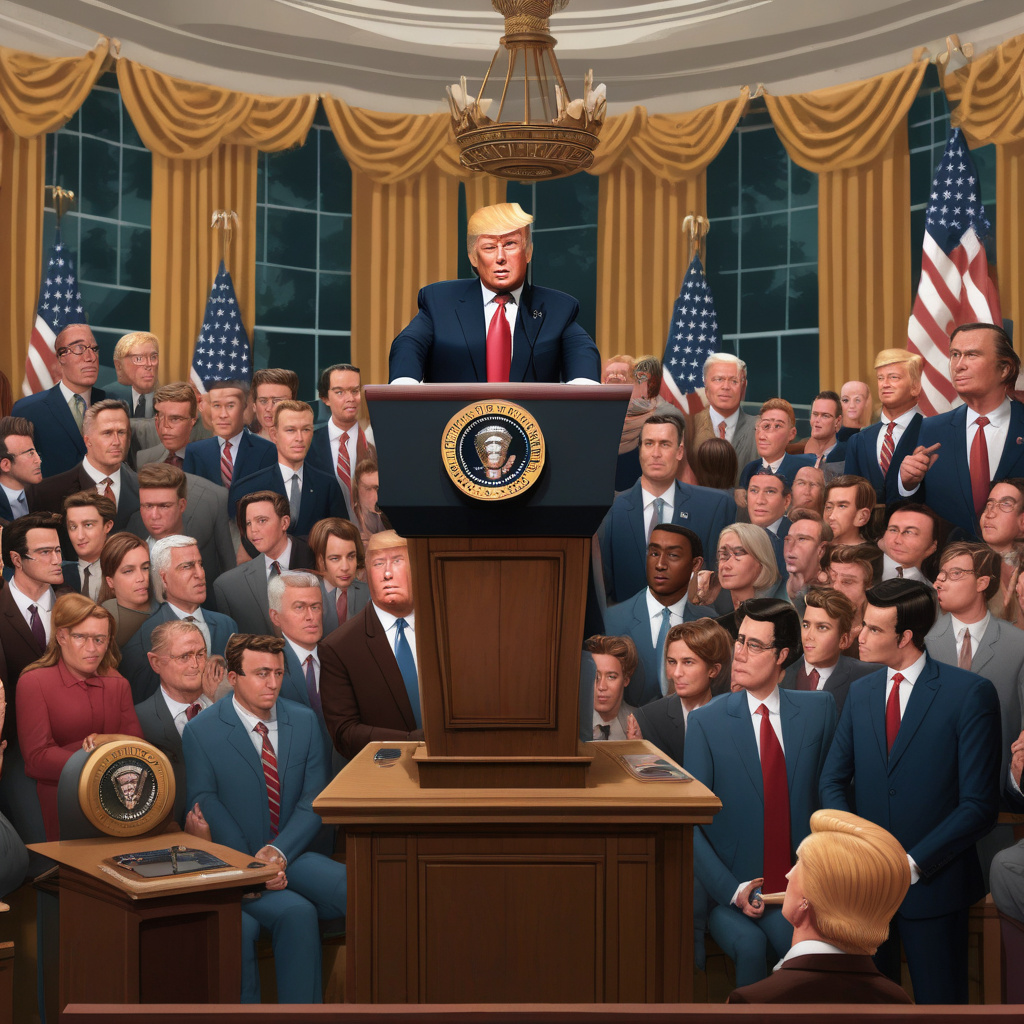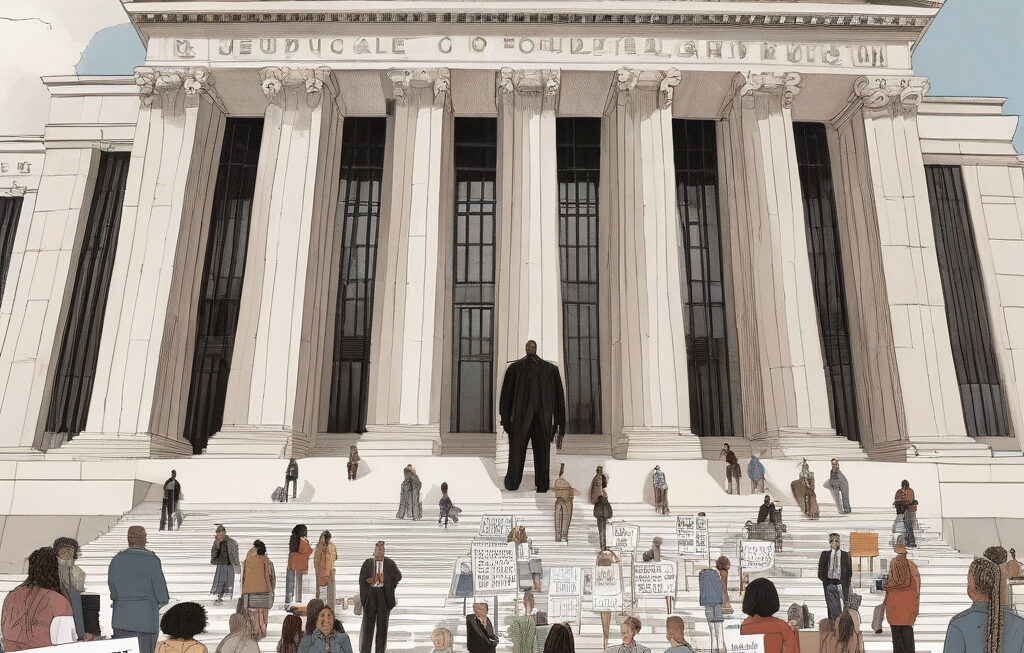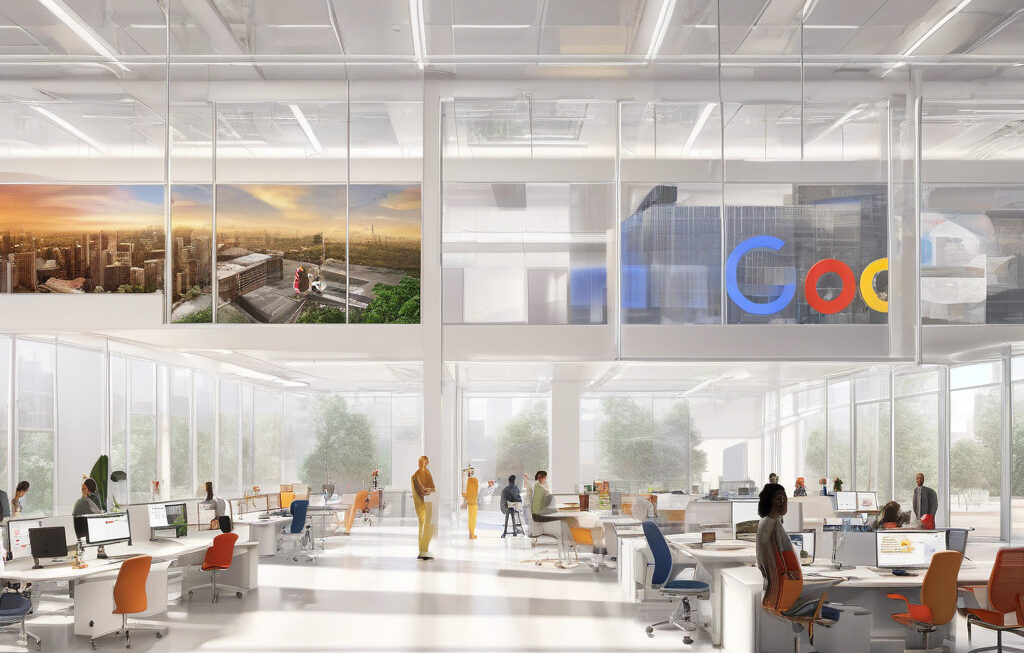Trump Signs Proclamation Imposing $100,000 Annual H-1B Visa Fee on Tech Industry
U.S. President Donald Trump signed a proclamation on September 19, imposing a $100,000 annual fee on H-1B visas for the tech industry. This move has sparked mixed reactions within the business community, with some applauding the measure as a way to prioritize American workers, while others criticize it for potentially hindering innovation and growth in the tech sector.
The H-1B visa program allows U.S. employers to temporarily employ foreign workers in specialty occupations. Tech companies, in particular, heavily rely on these visas to fill skill gaps and drive technological advancements. However, the new fee is aimed at encouraging these companies to hire American workers instead of outsourcing jobs to foreign employees.
Proponents of the proclamation argue that it will protect American jobs at a time of economic uncertainty and high unemployment rates. By making it more costly for companies to sponsor foreign workers, the administration hopes to create more opportunities for local talent and reduce competition for jobs in the tech industry.
On the other hand, critics warn that the $100,000 fee could have unintended consequences, such as deterring foreign talent from choosing to work in the United States. Tech companies may find it more challenging to attract top-tier international candidates, potentially leading to a talent drain and a slowdown in innovation.
Moreover, some experts argue that this fee could disproportionately impact startups and small businesses in the tech sector, as they may not have the financial resources to cover such a substantial expense. This could stifle entrepreneurship and limit the growth potential of emerging companies, ultimately affecting the overall competitiveness of the U.S. tech industry.
It is essential to consider the broader implications of this proclamation beyond its immediate impact on the tech industry. The United States has long been a hub for global talent, attracting skilled workers from around the world who contribute to its economic growth and technological advancements. By making it more challenging for foreign workers to enter the country, the U.S. risks losing its competitive edge in the global market.
Furthermore, the tech industry thrives on diversity and inclusivity, with different perspectives and experiences driving innovation and creativity. Restricting the flow of international talent could result in a homogenized workforce that lacks the diversity needed to tackle complex challenges and develop groundbreaking solutions.
In conclusion, while the $100,000 annual fee on H-1B visas for the tech industry is intended to protect American workers and prioritize domestic talent, its long-term consequences remain uncertain. Balancing the need to safeguard local jobs with the benefits of a diverse and skilled workforce is a complex challenge that requires careful consideration. Ultimately, the impact of this proclamation on the tech industry and the broader economy will unfold in the coming months and years.
#Trump, #H1BVisa, #TechIndustry, #Innovation, #AmericanJobs












